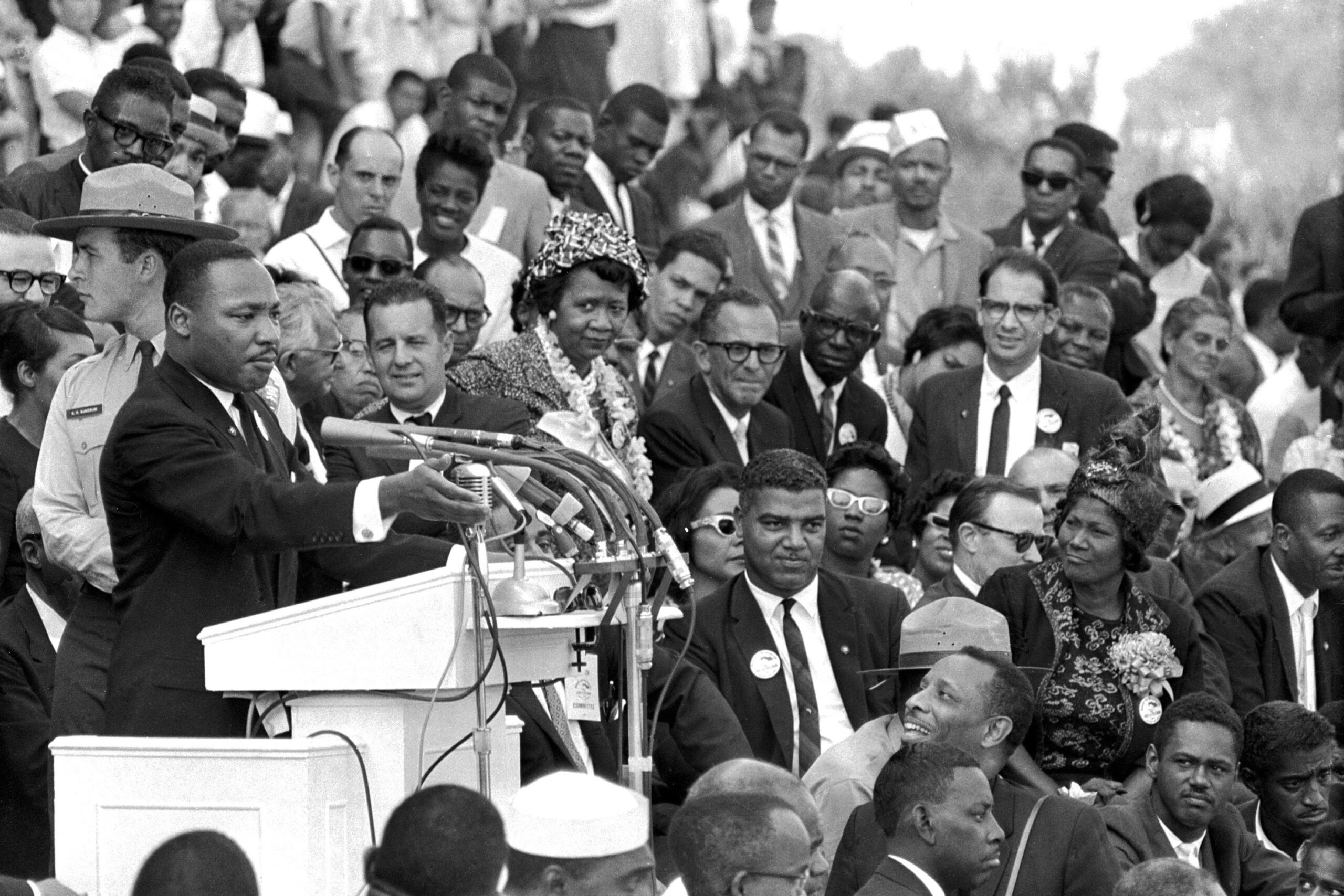A federal judge was later requested by Justice Department lawyers to lift a sealing order for the records over two years before it was set to expire. For privacy grounds, King’s organization, the Southern Christian Leadership Conference, is against any of the records being unsealed. According to the group’s attorneys, King’s family members also desired to keep the documents secret.
Journalists, academics, and history fans have been getting ready to examine the records in order to learn more about the civil rights leader’s murder in Memphis, Tennessee, on April 4, 1968.
In a statement issued following Trump’s directive in January, the King family expressed their desire to have a chance to examine the documents together before they were made public. Prior to the public release, King’s family—including his two surviving children, Martin III and Bernice—was notified in advance and had their own teams examine the documents.
King’s children described their father’s situation as a compelling public curiosity for decades in a statement issued Monday. However, they also underlined how private the issue is and stressed the need to consider these documents in the context of their entire history.
The statement continued, “We ask those involved in the release of these files to do so with empathy, restraint, and respect for our family’s ongoing grief.”
Here are our current understandings of the assassination and the opinions of academics prior to the documents’ public release.
In Memphis, shots ring out
King was shot and killed while he was on his way to dinner with some friends from the Lorraine Motel’s balcony.
King had traveled to Memphis in support of a strike by sanitation workers who were protesting low wages and unfavorable working conditions. King gave the well-known “Mountaintop” speech at the Mason Temple in Memphis on a stormy night just before the assassination.
King had returned to Memphis to organize another march as a form of peaceful protest after an earlier march on Beale Street descended into violence. The Poor People’s Campaign was another initiative King had been organizing to raise awareness of economic inequality.
The FBI’s investigation
James Earl Ray was apprehended in London following a protracted manhunt and entered a guilty plea to King’s murder. Later, he rejected that defense and insisted on his innocence until his passing in 1998.
In order to gather evidence against King, the FBI bugged his hotel rooms, wiretapped his phone lines, and employed informants, according to papers made public over the years.
According to the King family statement, he was the object of a persistent, intrusive, predatory, and extremely upsetting disinformation and surveillance operation.
King family’s response to the investigation
Others, including members of King’s family, have questioned if Ray was engaged at all or if he acted alone. In 1998, then-Attorney General Janet Reno ordered the U.S. Justice Department’s Civil Rights Division to resume the investigation after King’s widow, Coretta Scott King, requested it.
According to the Justice Department, there was nothing to challenge the 1969 court ruling that James Earl Ray killed Dr. King.
One of King’s children, Dexter King, met Ray in prison in 1997 and later stated that he trusted Ray’s innocence claims. In 2024, Dexter King passed away.
In 1999, King’s family supported a civil trial in Memphis state court against Loyd Jowers, who was accused of knowing about an assassination plot against King. A Memphis jury concluded that Jowers and unidentified individuals, including government organizations, were involved in an assassination plot against King after dozens of witnesses testified.
What will the public see in the newly released documents?
What the documents will truly reveal is unclear.
For instance, Ryan Jones, director of history, interpretation, and curatorial services at the National Civil Rights Museum in Memphis, stated that King researchers would like to examine what material the FBI was discussing and disseminating as part of their inquiry.
According to Jones, that is crucial because the American public was not aware at the time that the FBI, which is conducting the inquiry, was spearheading a smear effort to undermine the same guy while he was still alive. They were also the same bureau that disregarded warnings of King’s assassination attempts.
According to Lerone A. Martin, director of Stanford University’s Martin Luther King, Jr. Research and Education Institute, scholars who have researched King would also like to see information about the FBI’s surveillance of King, including the lengths they went to obtain information about his personal life, track him, and attempt to paint him as anti-American.
Martin stated, however, that he does not anticipate the documents to include a smoking gun that would ultimately provide proof that the FBI was complicit in the assassination.
Because of the lengths the FBI was prepared to go to in an attempt to discredit him, we must approach these records with mistrust, Martin stated.
Why now?
According to Trump’s directive, releasing the documents is in the best interests of the country.
The injunction stated that openness and truth are what their families and the American people deserve.
But some observers are skeptical because of the timing.
Jones wondered why these materials had not been made available to the American public much sooner.
If the assassin was incarcerated outside of Nashville, why were they sealed on the grounds of national security? “I said.”
According to Jones, some academics believe that the release of the data is a publicity gimmick by the presidential administration, which is rewriting history and leaving out the advancements of some individuals who are associated with diversity or people of color.
Following its purging of online information that favored women or minorities, the Pentagon has come under fire from politicians and the public for removing military heroes and historical references from Defense Department websites and social media pages. The department responded by restoring some of those posts.
According to Martin, Trump may be motivated by a desire to cast doubt on government agencies.
The Trump administration may use it as a chance to make the statement, “See, I’ve been trying to tell you that the FBI is evil.” Martin stated, “This is the reason I appointed (FBI director) Kash Patel, as he is purging the Deep State.”
The two assassination attempts on Trump during his second presidential campaign and a desire to reveal the larger history of American murders may also be contributing factors, according to Brian Kwoba, an associate professor of history at the University of Memphis.
Nevertheless, he said, it is still a little unclear why any American president, including Trump, would wish to make public documents that would harm the country’s reputation both domestically and internationally.
Thanks to AP
Thanks to AP
Thanks to AP
Thanks to AP






